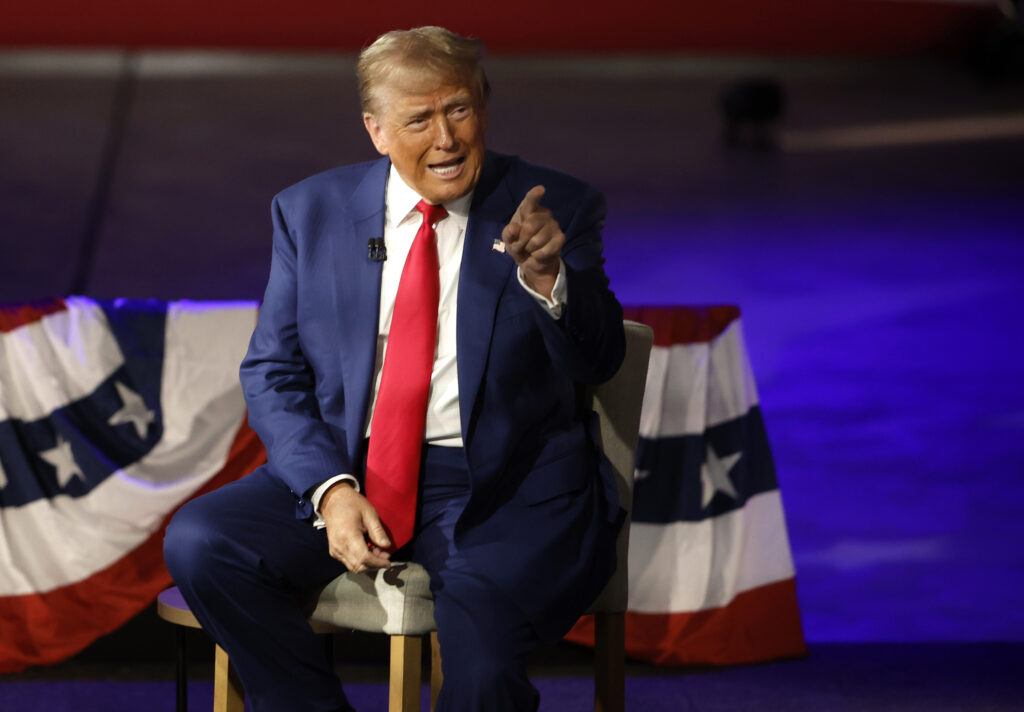
WASHINGTON — An effort to pass a sweeping measure aimed at protecting press freedoms was defeated in the U.S. Senate on Tuesday night. The journalism shield law, which would limit the federal government’s ability to force disclosure of journalists’ sources, faced strong opposition from President-elect Donald Trump, who has a history of strained relations with the press.
Arkansas GOP Senator Tom Cotton blocked Oregon Democratic Senator Ron Wyden’s request for unanimous consent to pass the bill. Cotton characterized the legislation as “a threat to U.S. national security and an insult to basic fairness in the principle of equality before the law.” This action came despite the U.S. House passing its version of the bill by voice vote earlier in the year. In November, Trump urged congressional Republicans to “kill this bill.” Given Trump’s influence within the Senate GOP conference, achieving unanimous consent—a process to expedite bill passage—was highly improbable.
Cotton, the incoming Senate GOP conference chair, further argued that the measure would create a “protected class” of reporters, enabling them to possess and publish classified information unavailable to ordinary citizens. He also accused the bill of making the Senate complicit with “deep-state leakers, traitors and criminals, along with the America-hating and fame-hungry journalists who helped them out.”
Senator Wyden, who introduced companion legislation in June 2023, countered that the bill was “common sense.” He pointed out that past administrations from both parties had exploited the lack of a federal shield law to restrict press freedom, in some cases even jailing journalists who refused to reveal their sources. The bill was co-sponsored by GOP Senators Mike Lee of Utah and Lindsey Graham of South Carolina, along with Illinois Democratic Senator Dick Durbin.
Senate Majority Leader Chuck Schumer voiced his strong support for the bill and his intention to get it to the President’s desk, stating on the Senate floor, “No democracy can survive without a free and open and thriving press.” The legislation sought to establish “appropriate limits on the federally compelled disclosure of information obtained as part of engaging in journalism” and to restrict federal law enforcement surveillance of journalists.
Numerous news media organizations and press advocacy groups actively lobbied for the bill’s passage, expressing concern about the implications of Trump’s return to the Oval Office given his past threats against journalists.
Last updated 6:31 p.m., Dec. 10, 2024
by Shauneen Miranda, Minnesota Reformer
(The remainder of the provided text appears to be metadata and publication information for the Minnesota Reformer and is not included in this rewritten article.)

